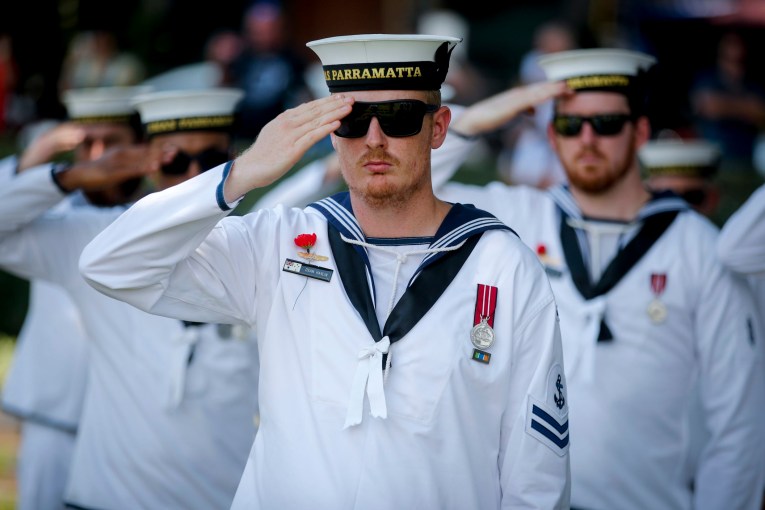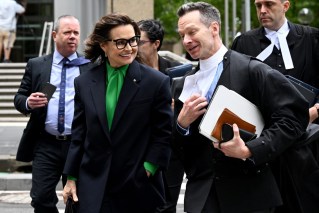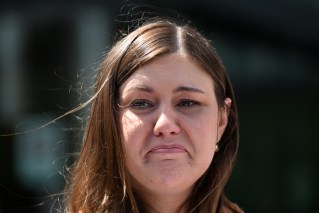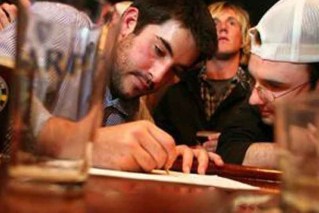Running on empty: It’s time we gave our leaders a break – and a much-needed rest
“Am I tired? Yeah, but the world’s run by tired people.” So said former NSW Police Commissioner Andrew Scipione as he retired in 2017. His words have never been more relevant, writes Shane Rodgers

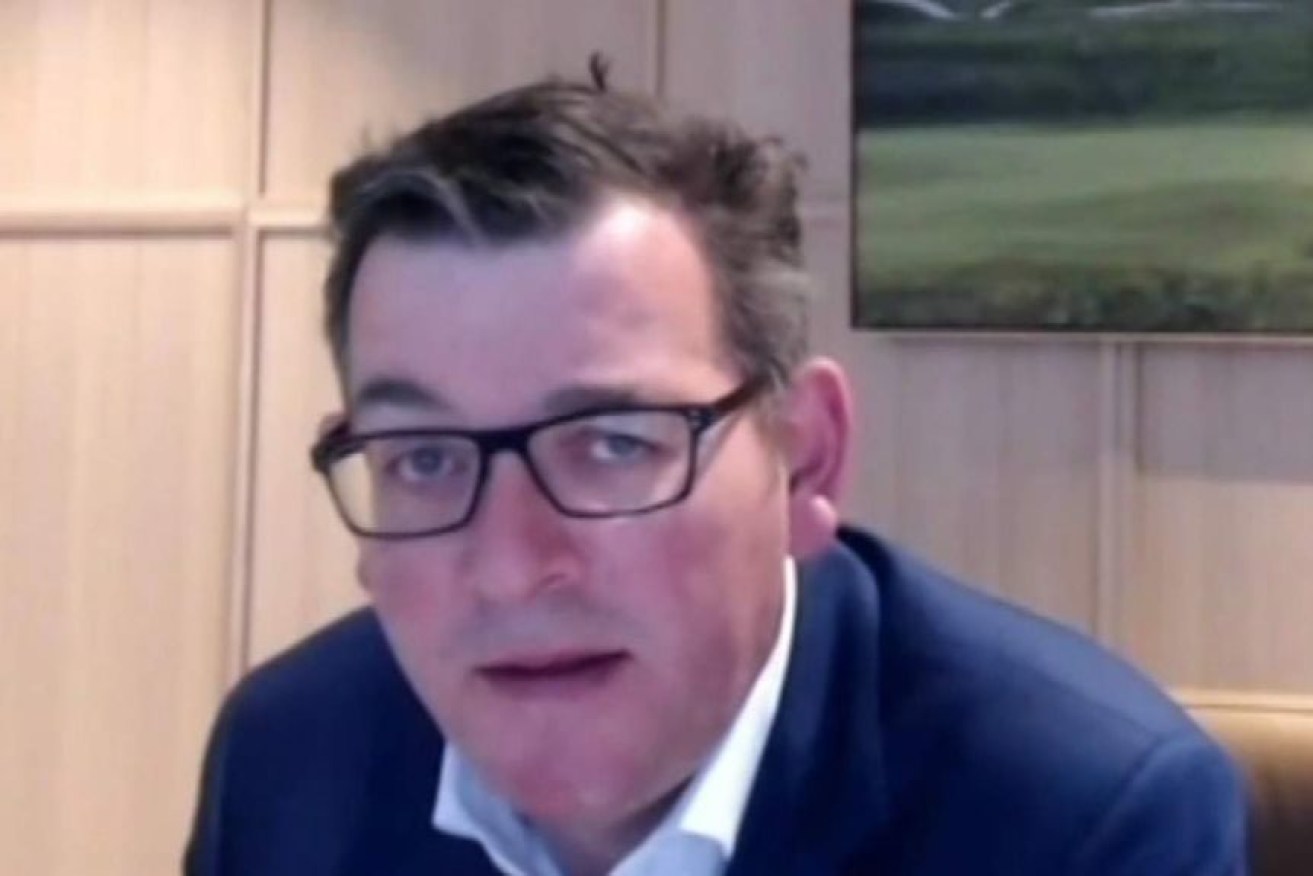
Victorian Premier Daniel Andrews is showing the effects of his gruelling daily grilling. (Photo: ABC)
Somewhere deep in their eyes you can see the palpable weariness. It’s the product of an unrelenting crisis that refuses to take days off and an expectation that leaders must be seen to lead even when they are wobbly and fatigued.
In the contemporary “always on” world that we find ourselves in, time off for political leaders is considered a dangerous luxury with potentially poll-altering side effects.
As soon as they desert their post for a minute there is a chorus of outrage and scorn at the audacity of elected leaders to actually have a break. “Missing in Action,” the headlines scream. How dare they rest; recharge; do the things that humans need to do to function properly and make sound decisions.
As the COVID-19 pandemic eats away at increasing slices of our future, fatigue becomes a real and present danger. The thought of leaders making a constant stream of wicked-problem decisions that balance lives and livelihoods from a place of tiredness, poor sleep and fuzziness is a little terrifying.
Fatigue could explain a lot of things. In theory the world should be united like never before against a common enemy that is indiscriminately attacking the human race without deference to borders, class, race or religion.
The events of recent months are a reminder that we still need to (to quote The War of the Worlds) fight for our “birthright of the Earth” with the constant threat of disease, natural disaster and celestial things colliding with us.
It should be time to put down the arms, usher in a spirit of unprecedented international harmony and turn all the world’s collective firepower towards smashing our viral nemesis.
Instead, the opposite is true. International diplomacy seems to have been infected with the disease of narkiness. Old wounds are open, old foes have lined up either side of the trenches, rhetoric is dialled up, moats are full of water and the warships are circling.
Are we seeing the impact of tired leaders who are jaded, worried and under more pressure than most humans are designed to take in their stride? It is entirely possible. We all know that, when faced with deep tiredness, tolerance is not generally the first point of call in our emotional armoury.
Surely it is time now to not only give our leaders permission to lean on their deputies more but to insist on it. That’s why we have deputies. For back-up. To run onto the field when the captain needs some time on the bench.
In Australia, the timing could not have been worse in the context of crisis fatigue. Politicians from all persuasions will long be haunted by the huge hit Prime Minister Scott Morrison took when he was holidaying with his family in Hawaii at Christmas while communities battled bushfires.
All the political playbooks now have a chapter warning leaders that they can only take a break when things are so dull that nothing is worthy of their attention. And that happens approximately never.
When Morrison finally took a week off last month, he felt the need to effectively apologise in advance. You can only imagine how tired he must have been to grant himself a breather knowing that he was breaching the freshly-inked rule book.
But really, what is the problem? There are plenty of precedents for deputies stepping up. When the 9/11 attacks happened in 2001, the then-prime minister John Howard was stuck in the United States. His deputy John Anderson (who many Australians had barely heard of) stepped up to the plate and did a great job steadying the ship and being credible with his calming assurances. His challenge was made even harder by the collapse of Ansett Airlines at the same time.
It is something of a national thing in Australia that we usually have the deputy prime minister running the country over Christmas. Malcolm Fraser’s deputy Doug Anthony famously did it from a beachside caravan in northern NSW.
We need to accept now that COVID-19 is not a short-term problem and we need the country properly geared for managing a long-term crisis with teams who have the head space and the athletic tapering to keep making the best decisions based on the best advice.
If we expect people to stay in their posts as fatigued zombies, we shouldn’t be surprised if we end up in a Zombie apocalypse.
Shane Rodgers is a business executive and former editor and journalist. He currently works as the national Australian Industry Group national Head of Operations (based in Queensland). Comments in this column are personal, not made on behalf of Ai Group.
